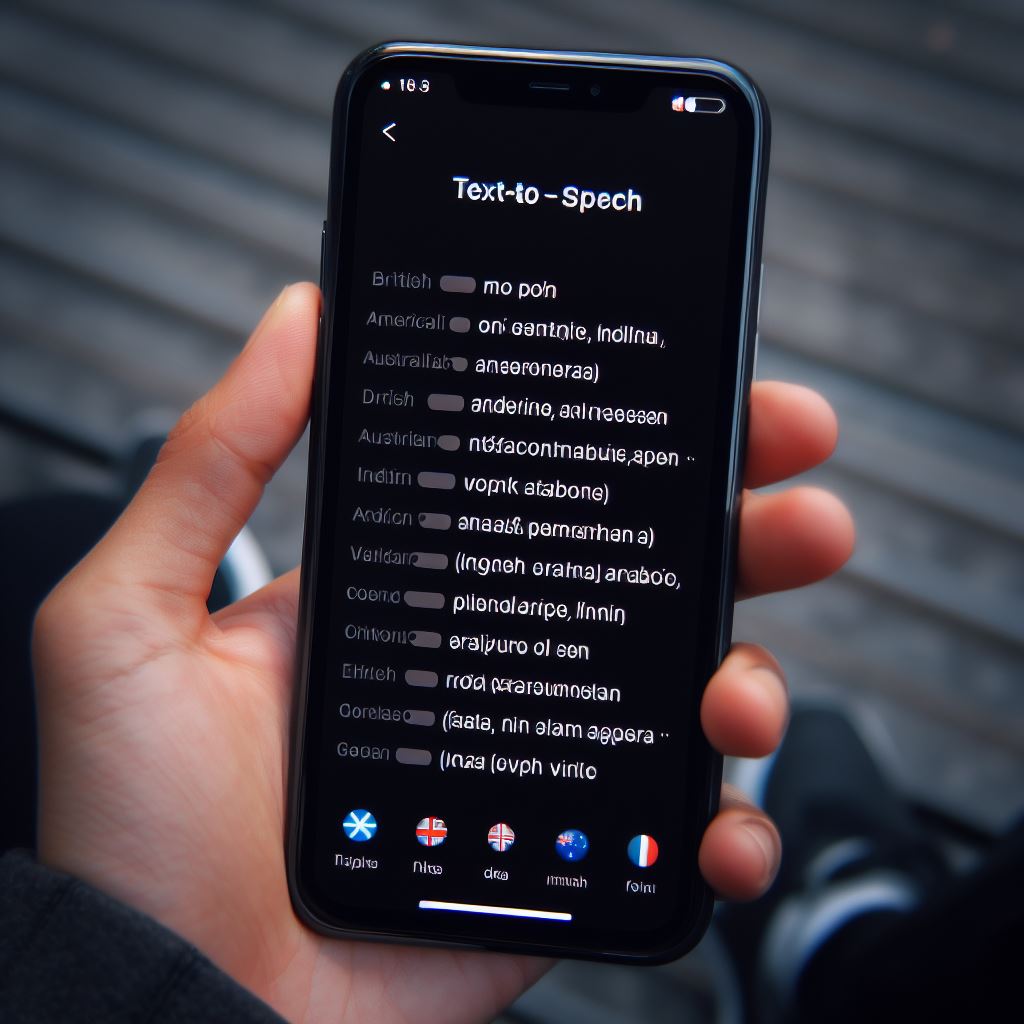
conrad

Can You Freelance and Be Employed at the Same Time?
Freelancing and traditional employment are two different ways to earn a living, and many people wonder if it’s possible to do both simultaneously. The answer is yes, you can freelance and be employed at the same time, but it requires careful planning and time management.
One of the main advantages of freelancing is the flexibility it offers. As a freelancer, you have the freedom to choose your own clients, projects, and working hours. This allows you to take on freelance work outside of your regular job. However, it’s important to ensure that your freelance work doesn’t conflict with your employment contract or company policies.
Before you start freelancing while being employed, here are a few things to consider:
1. Check Your Employment Contract
Review your employment contract to see if there are any clauses that restrict or prohibit freelance work. Some companies have strict policies that prevent employees from freelancing or working for competitors. Make sure you understand the terms and conditions of your contract before taking on any freelance projects.
2. Time Management
Freelancing requires excellent time management skills. You need to juggle your regular job responsibilities with freelance projects, meetings, and deadlines. Create a schedule and allocate specific time slots for each task. Prioritize your work and avoid overcommitting yourself. It’s crucial to maintain a work-life balance and prevent burnout.
3. Maintain Professionalism
When freelancing and being employed simultaneously, it’s essential to maintain professionalism in both roles. Avoid conflicts of interest and ensure that your freelance work doesn’t negatively impact your job performance. Be transparent with your employer about your freelance activities, especially if they involve similar or competing industries.
4. Tax Obligations
Freelancers are responsible for managing their own taxes, including paying self-employment taxes. Make sure you understand the tax regulations in your country and keep track of your freelance income and expenses. Consider consulting with an accountant or tax professional to ensure compliance.
Despite the challenges, freelancing while being employed can have numerous benefits. It allows you to diversify your income streams, gain new skills, and build a professional network. Moreover, freelancing can provide a safety net during uncertain economic times or if you decide to transition to full-time freelancing in the future.
However, it’s important to assess your capacity and workload before taking on freelance work. Overcommitting yourself can lead to stress, decreased productivity, and potential conflicts with your employer. Make sure you have enough time and energy to fulfill your obligations in both roles.
In conclusion, freelancing and traditional employment can coexist, but it requires careful planning and effective time management. Review your employment contract, manage your time wisely, maintain professionalism, and fulfill your tax obligations. With the right approach, you can enjoy the benefits of both worlds and create a successful career.





Responses